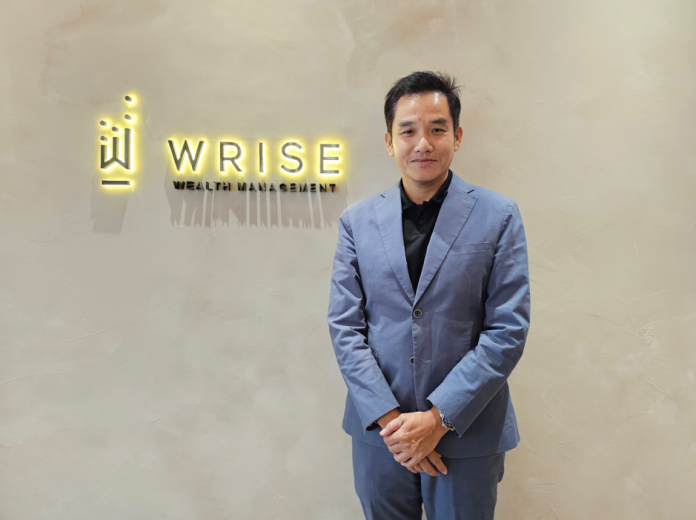Hong Kong needs banking talent with Arabic, Islamic finance skills to woo Middle East wealth
Hong Kong will have to create a talent pool with expertise in the Middle East and Islamic finance if it wants to attract wealthy families and companies from the region to invest in the city, according to a veteran banker. “Hong Kong needs to have a long-term training programme or import talent to bring Middle East investors to the city,” said Derrick Tan, a private banker who has been servicing wealthy clients in Asia for more than two decades. Hong Kong will also have to make it convenient for Middle Eastern customers to open bank accounts so that they can invest here, Tan said in an interview with the Post. “We have come across some individual Middle East clients who have had difficulty in opening personal accounts with banks in Hong Kong,” said Tan, the chairman of Wrise Group Holdings, a wealth management platform.
The global Islamic finance industry, which is guided by sharia Islamic law, principles and rules, currently boasts assets of around US$2.2 trillion and is anticipated to grow to US$4.94 trillion by 2025, according to a report by Standard Chartered in April. The demand for Islamic products such as sukuk (bonds) and takaful (insurance) could be fuelled by a combination of Islamic banks together with sharia-compliant sovereign wealth funds, asset management companies, pension funds and family offices, Standard Chartered said.
Hong Kong Chief Executive John Lee Ka-chiu, Financial Secretary Paul Chan Mo-po and Hong Kong Monetary Authority (HKMA) CEO Eddie Yue Wai-man have led separate delegations to various Middle East countries this year to attract investments and forge closer ties. In June, the HKMA and the central bank of the United Arab Emirates said they would work together to promote cross-border payments and investments between the two sides.
Bourse operator Hong Kong Exchanges and Clearing CEO Nicolas Aguzin and chairwoman Laura Cha Shih May-lung have also undertaken trips to Middle East this year to attract investments and to entice Gulf firms to list here. “The roadshows by Hong Kong government officials and bankers in the Middle East to build relationships is a good start,” Tan said. “Now, they need talent who know how to follow up.”
When it comes to China, Hong Kong’s financial sector has a big pool of talent who are well-versed with the culture and language and have the network to serve customers on the mainland. Hong Kong’s active capital market and backup from China will attract Middle Eastern investors, Tan said. “However, Hong Kong does not have many people who can speak Arabic, understand Islamic finance requirements, or fully understand the background of the different countries in the Middle East,” Tan said. “This makes it hard for local financial firms to serve Middle East tycoons.”
SCMP




















